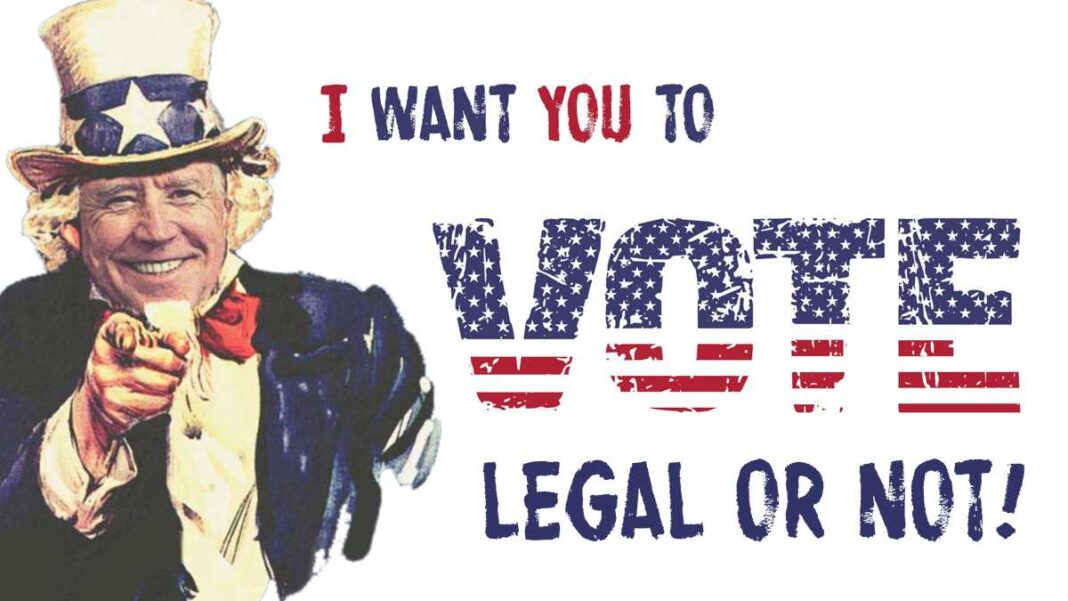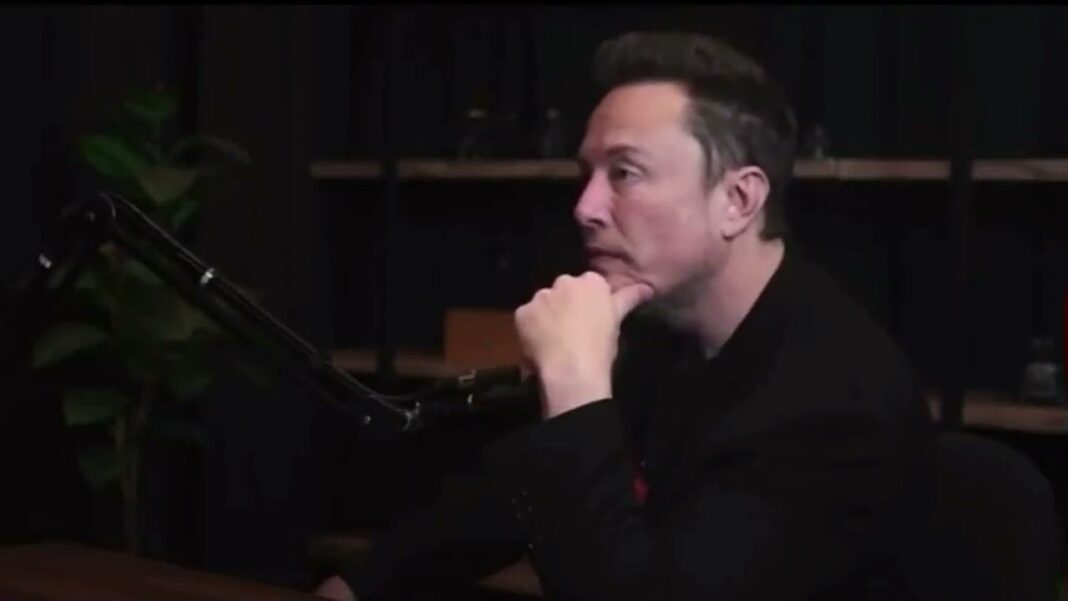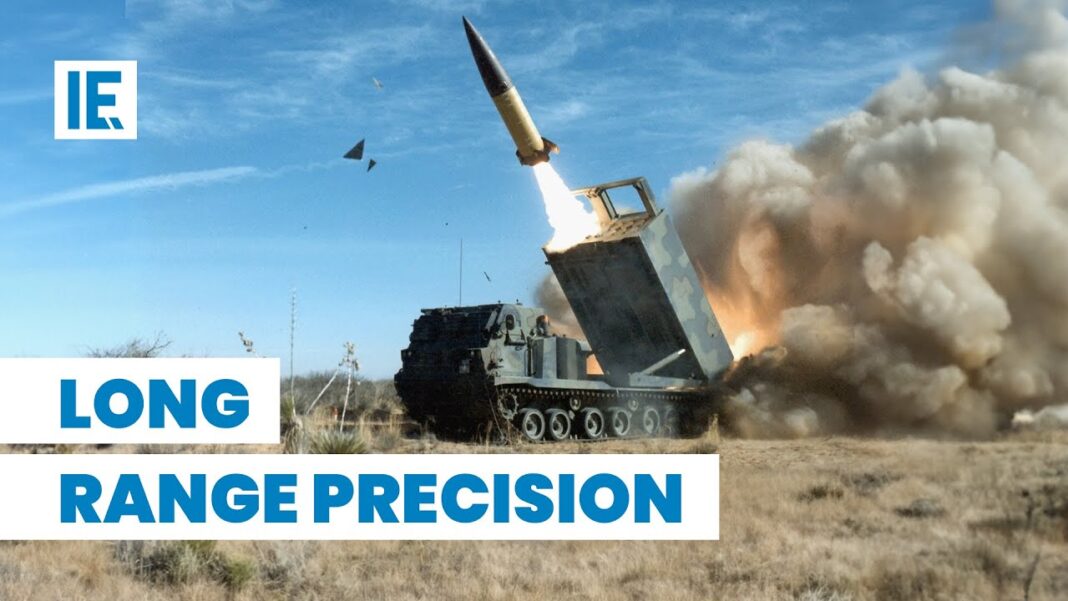The decision comes after officials said a database error allowed people who hadn’t provided proof of citizenship to vote a full ballot for nearly 20 years.
The Arizona Supreme Court ruled Friday that nearly 98,000 people whose proof of citizenship documents had not been confirmed can vote in state and local races.
The court’s decision comes after officials discovered that a database error allowed people who had not provided proof of citizenship, per a 2004 ballot initiative, to vote the full ballot for nearly 20 years.
Neither the county recorder nor the state’s top election official suspected the affected voters were not U.S. citizens. However, they disagreed on what status the voters should hold.
Maricopa County Recorder Stephen Richer, a Republican, filed an emergency petition on Sept. 17 asking the state Supreme Court to weigh in.
Richer challenged guidance from Arizona Secretary of State Adrian Fontes, a Democrat, regarding voters who may not have provided documentary proof of citizenship during registration.
The state Supreme Court found in favor of Fontes, saying that Richer did not demonstrate that county recorders have statutory authority to remove the affected voters from being able to cast ballots in the 2024 election for federal offices and matters on a state ballot.
Arizona residents have been required to provide documentary proof of citizenship to vote in elections since voters approved Proposition 200 in 2004. This rule, unique to Arizona, came into effect in 2005.
Voters are required to provide a driver’s license or tribal ID number or attach a copy of a birth certificate, passport, or naturalization documents in order to cast ballots in local and state races. Driver’s licenses issued after Oct. 1, 1996, are valid.
However, state officials said that an error between the state’s voter registration database and the Motor Vehicle Division meant that some 97,928 voters who held licenses from before Oct. 1, 1996, were marked as full-ballot voters.
At around 2.5 percent of all registered voters, this could tip the scales in hotly contested state legislature races, where Republicans hold a slim majority over Democrats. It could also impact ballot initiatives.







